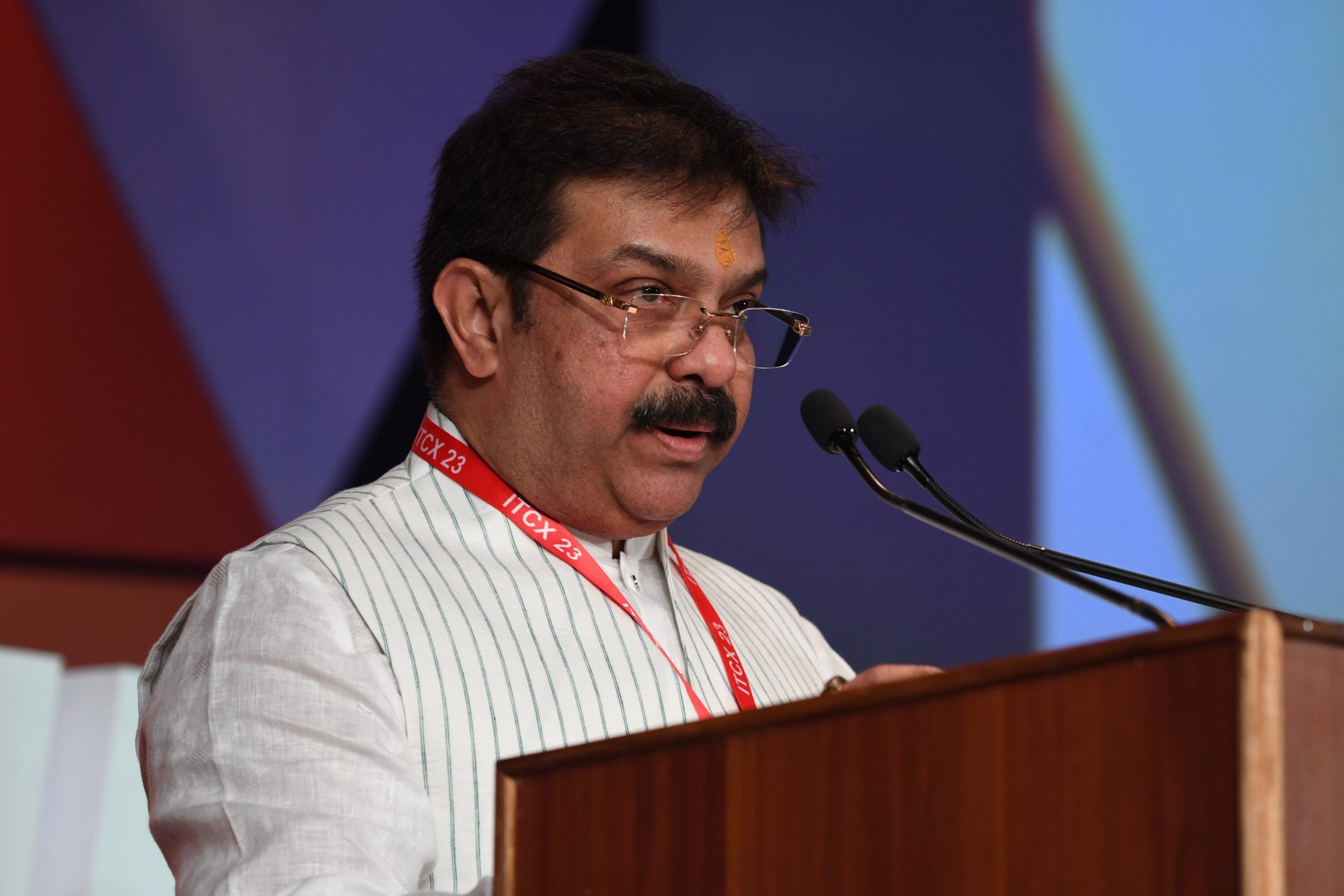Prasad ji highlighted the pivotal role temples can play in social welfare. He proposed initiatives like providing medical assistance, running community kitchens (langars), and offering educational support through book banks. These efforts would not only serve devotees but also ensure that no one goes hungry, adhering to the Hindu cultural ethos of Annadaan and the principle of Vasudhaiva Kutumbakam (the world is one family).
Strengthening temple management was another key aspect of his speech. He called for improved administrative practices, enhanced security measures, and better utilization of funds. He cited examples from major temples like Tirupati, which have successfully implemented infrastructure funds for the development of thousands of temples.
Cleanliness and environmental responsibility were also central to hiss vision. He linked this to the Swachh Bharat Abhiyan (Clean India Campaign), stressing the need for clean temple premises and eco-friendly practices. He suggested converting waste from offerings into fertilizers, promoting a “Green Temple” initiative.
Prasad Lad ji touched upon the complexities of fund management and taxation faced by temples, advocating for uniform Charity Commissioner rules at the national level. He envisioned a platform where temples could share best practices and collaborate on various initiatives, ensuring efficient use of resources.
He concluded with asking everyone to join in this effort to protect and promote Hindu culture and society. He expressed confidence that by working together, this initiative could create a significant impact, connecting temples worldwide and fostering a sense of unity and purpose.


